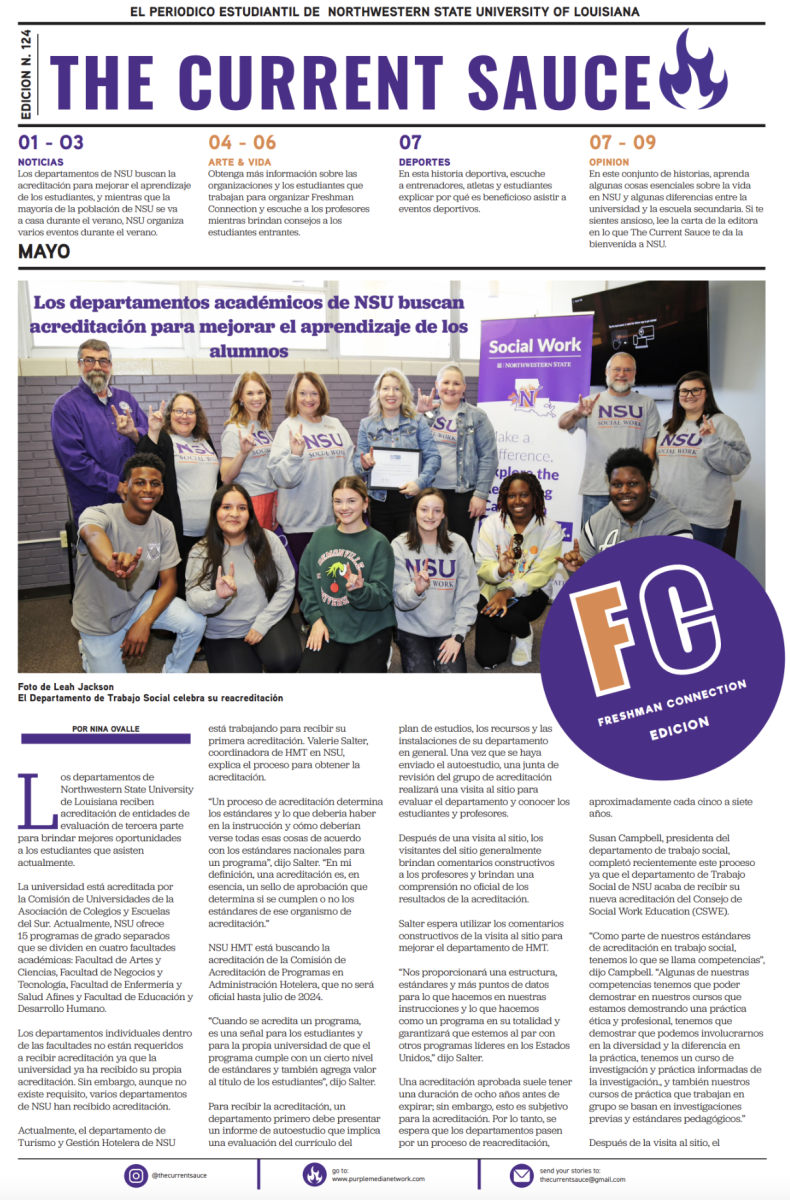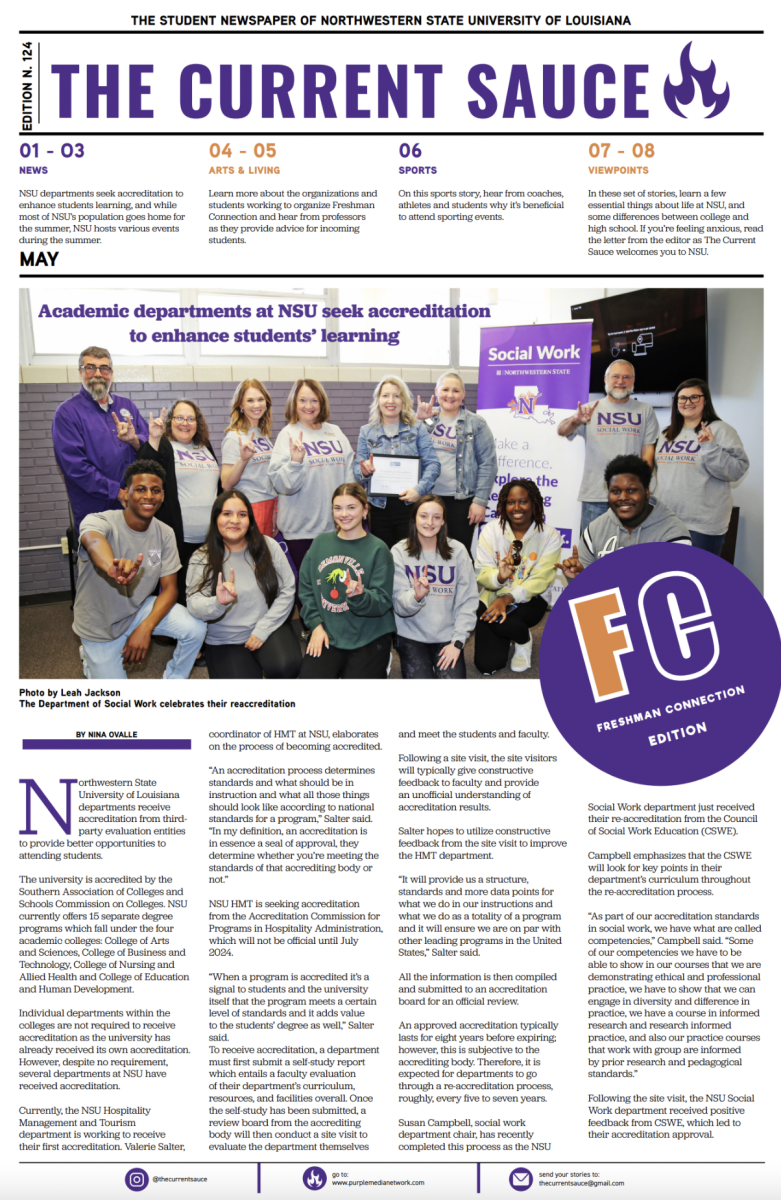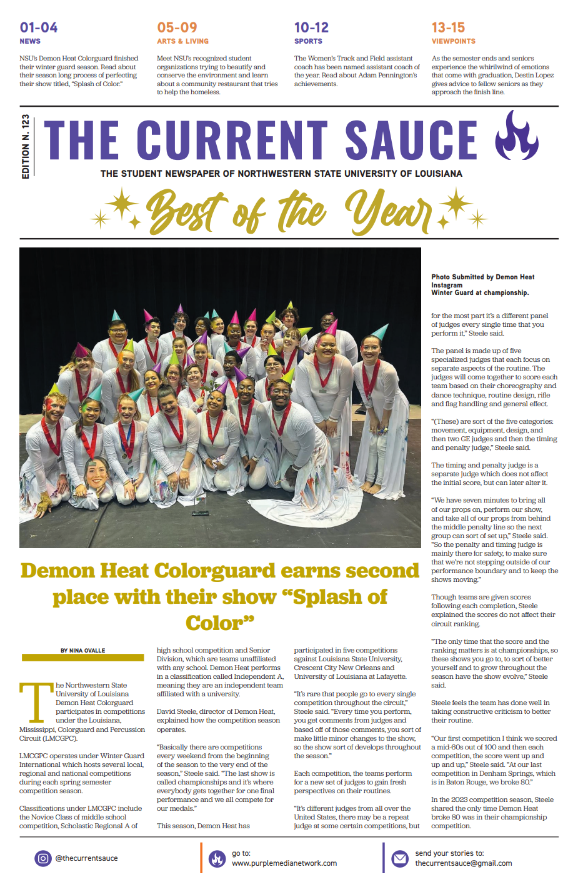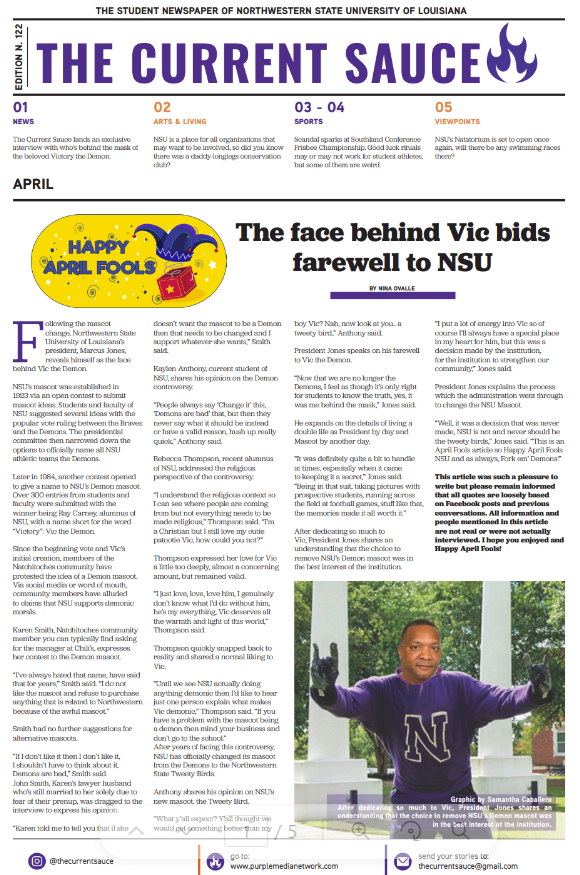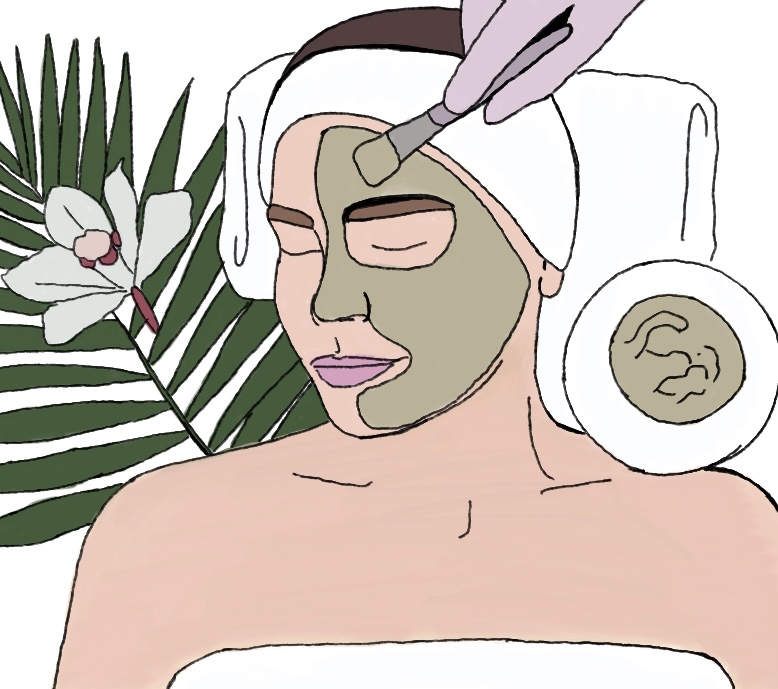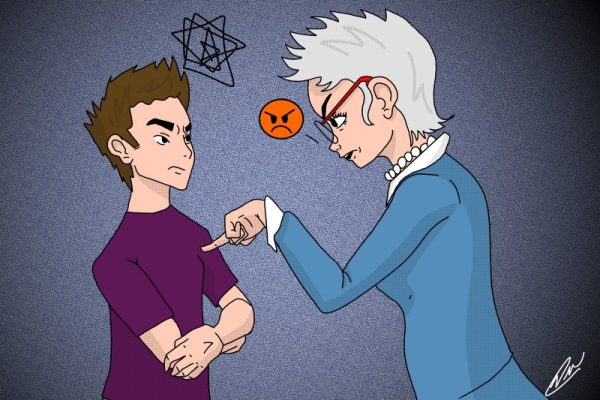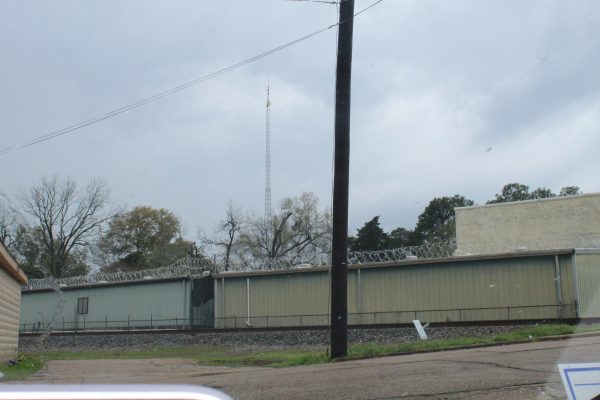Mental health days can lead to self-destruction
Self-care has been overinflated by many into face masks, extra TV time and putting off important stressful work instead of doing things that are healthy and good for your mentality.
“I need a mental health day.”
This is a completely valid reason to put off a stressful task of yours. But, the lines between self-care and self-destruction are fine. You must be careful to find the distinction between taking a break and procrastination.
Self-care has been overinflated by many into simply face masks, extra TV time and putting off important stressful work instead of doing things that are healthy and good for your mentality.
Admit it, we have all made the declaration that we need a break from our school work. It gets to be a lot sometimes. Between life, school and for many, work, even the smallest things can be overwhelming. Everyone needs time to step back and focus on what makes them feel better before we can move on with our busy lives.
But sometimes we use that excuse too much. To be a healthy student, you must understand when you are procrastinating versus taking your time. Scheduling your time around deadlines can be hard, but when it’s done right, it can make a world of a difference. Self-care is much more than simply understanding when to stop, or knowing what makes you happy.
Self-care is a relatively new concept, seen best represented online in the quarantine era of 2020, where many people were confined to their homes and isolated from society. Mental wellness plummeted for the general population as many were forced to work from home, adjust to online teaching and learning and overall have to stay in touch with the world via the internet and electronic devices.
This forced interconnectivity caused a lot of social awareness and change, which many people were unaccustomed to. Constantly being in the know was great for being informed and educated on the crisis, but it also caused people to become addicted to their phones and social media. The need to always know what was happening, without any other way to find out, caused an over awareness.
Anxiety was on the rise for many, and the lack of control anyone had over the situation only caused it to worsen. Mental health and its discussion were very important, and many people dedicated their social image to the cause, informing people on their mental and physical health during the trying times. Even today, the topic is still relevant and important for many.
That is why knowing what self-care actually is, is the biggest factor in understanding how you can take care of yourself when times get rough. Self-care is more than just mentally allowing yourself a break, it is understanding what your triggers are, knowing what puts you down and what puts you up, being aware of your flaws and of your strengths. It is an equal but opposite balance on each end of the metaphorical spectrum of inner reflection, constantly.
It also includes understanding how to take care of yourself physically. Drinking water and eating right affects a lot of your mentality. If you feel bad, you will think bad. Taking breaks from your social media by going outside, talking to people in person and having hobbies that disconnect you from the world and even reality is a healthy inner reflection practice to keep you in touch with yourself.
Everyone has seemed to have forgotten self-care is really about self-healing, inner reflection and learning self-discipline. Self-care is knowing what you want versus what you need to do.

